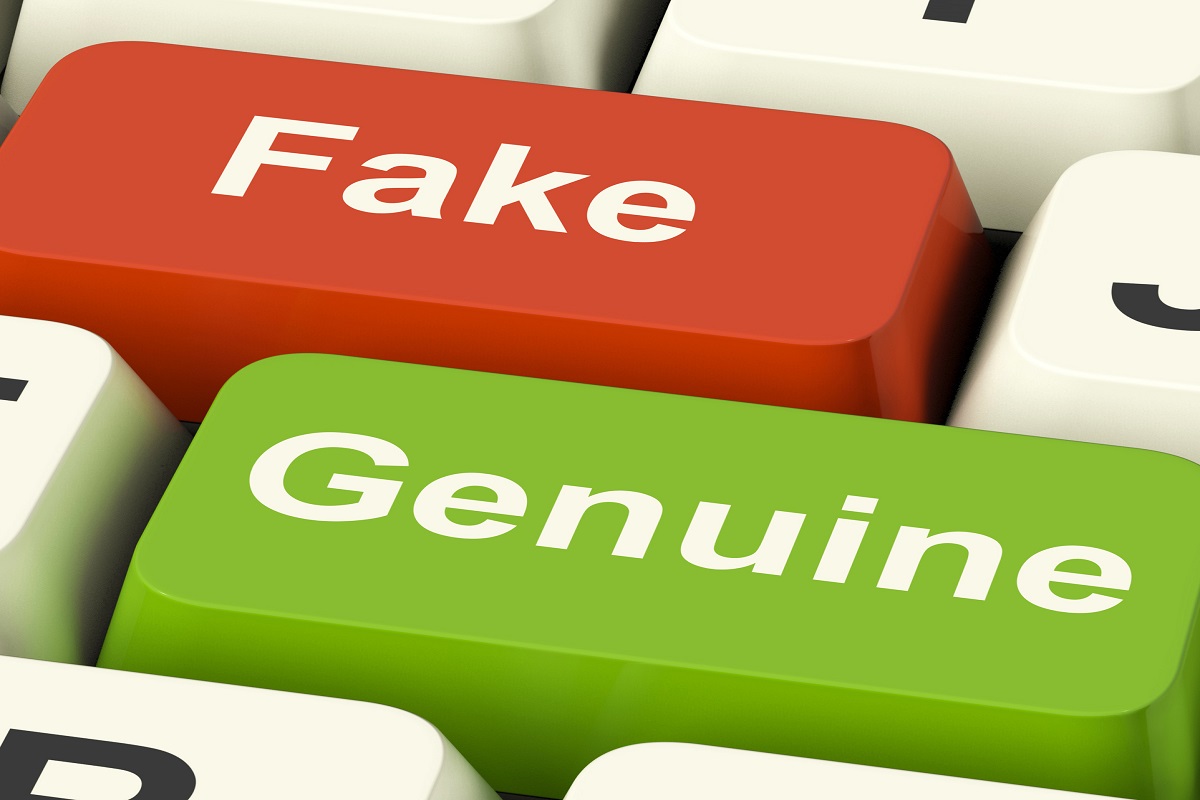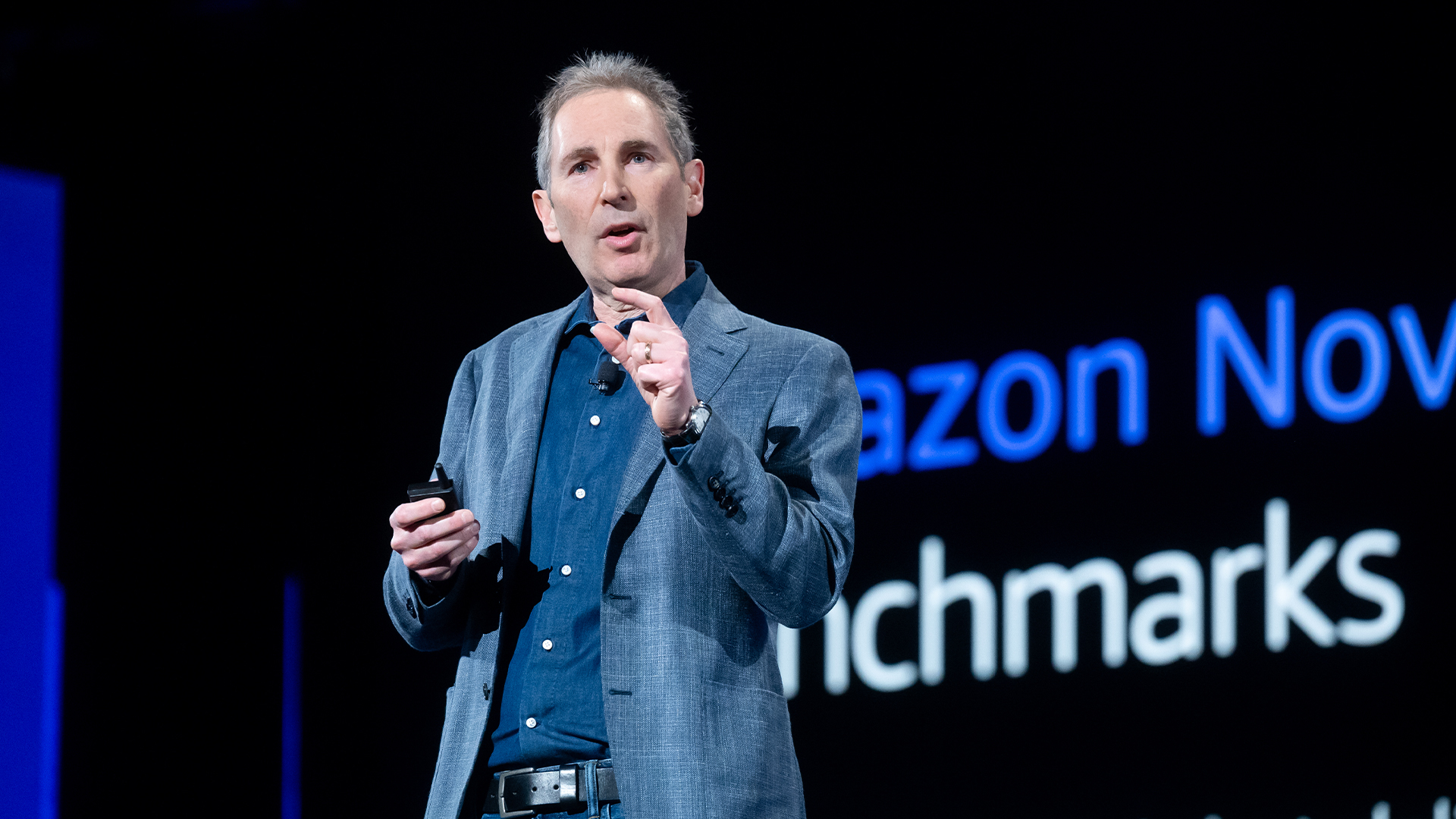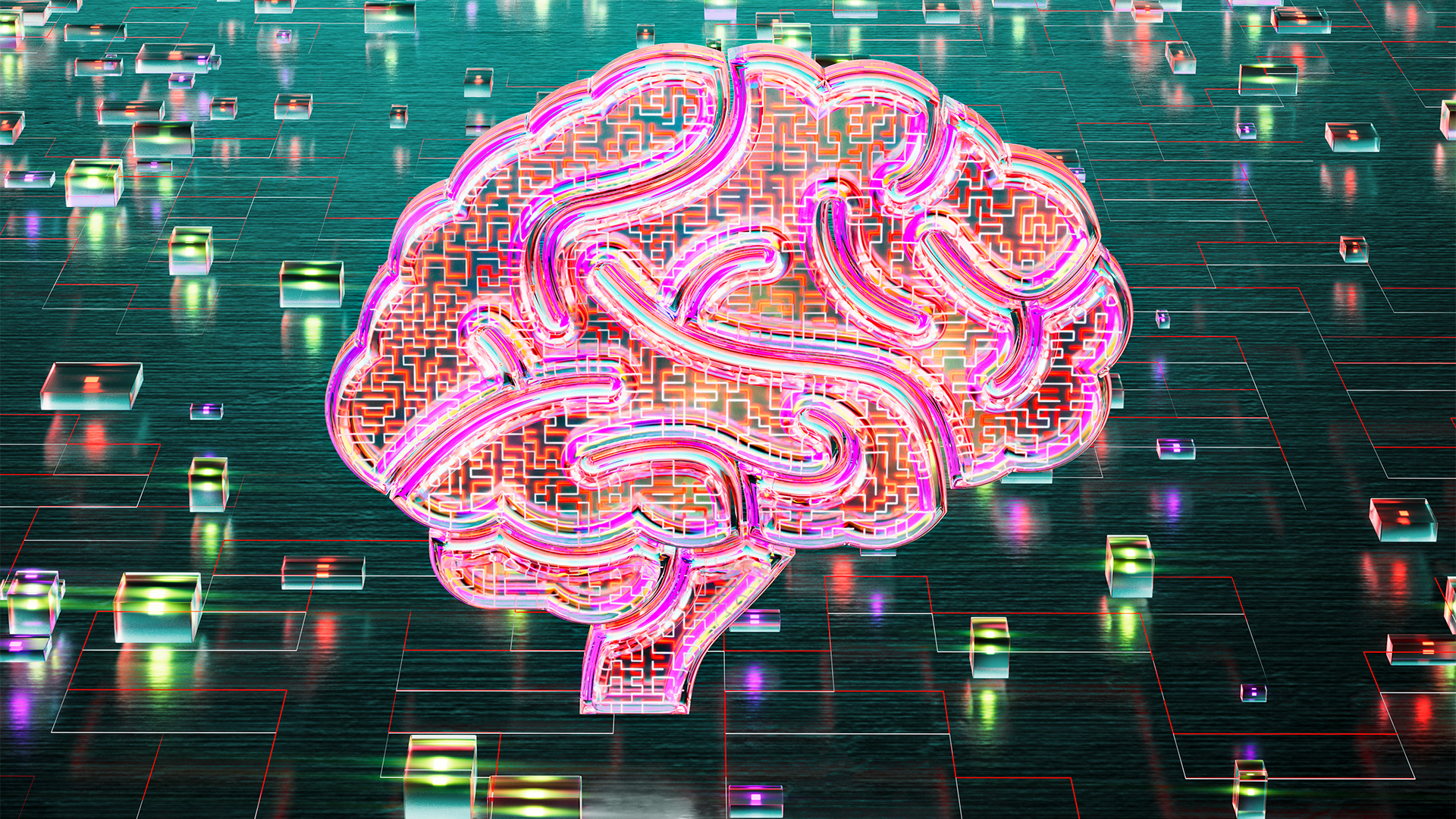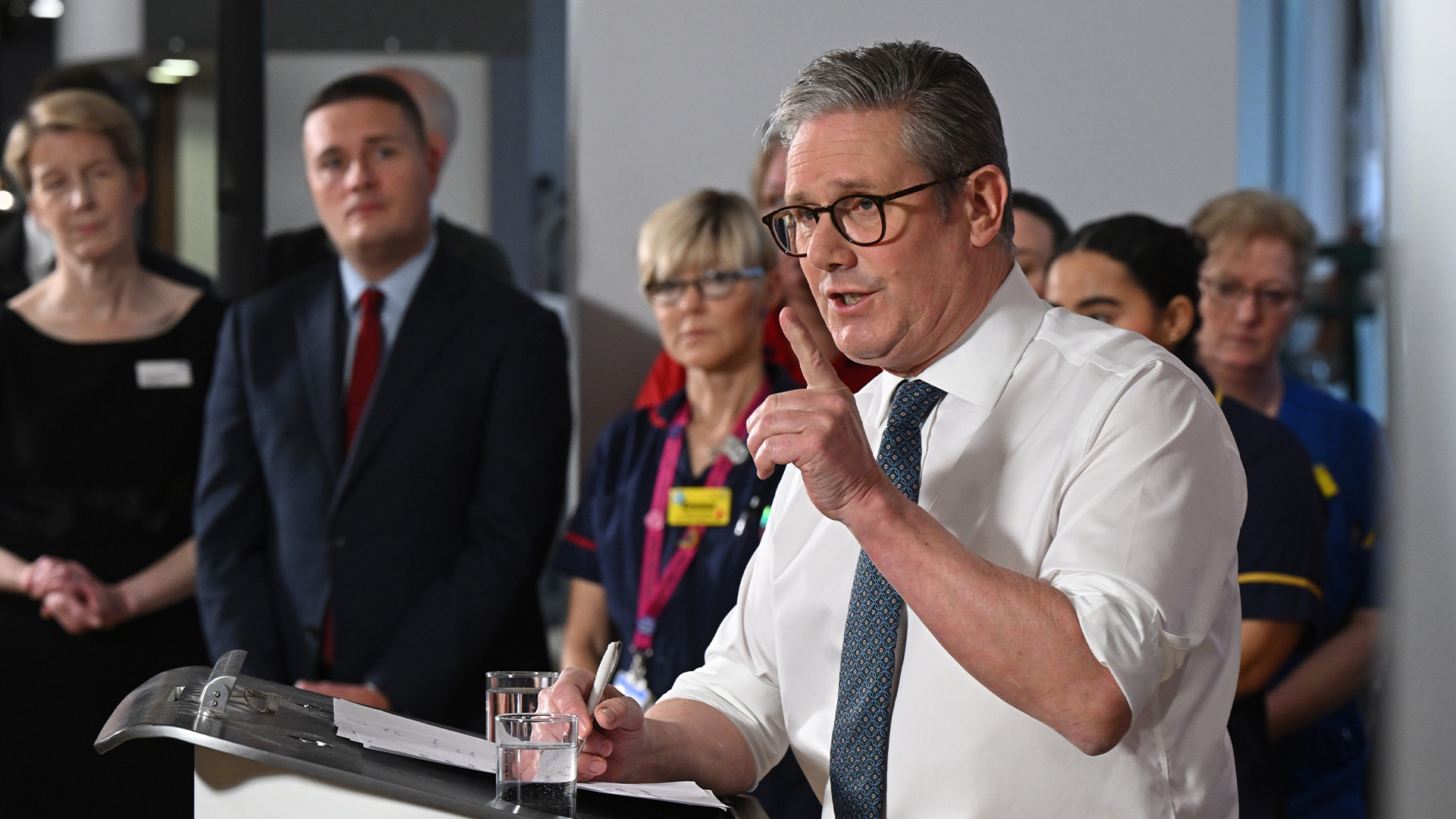Merkel concerned over fake news ahead of German poll
German chancellor worried that public opinion could be manipulated

German chancellor Angela Merkel expressed her concern that fake news could somehow influence German elections.
As reported by the AFP, in her first speech in parliament since announcing she will be running for re-election next year, Merkel expressed her worries that public opinion may be manipulated by fake news on the internet.
She said: "Something has changed- as globalisation has marched on, [political] debate is taking place in a completely new media environment. Opinions aren't formed the way they were 25 years ago."
Merkel added: "Today we have fake sites, bots, trolls- things that regenerate themselves, reinforcing opinions with certain algorithms and we have to learn to deal with them."
Social bots, software that mimics human activity online, can sometimes be used to spread fake news. The increased presence of bots and fake news online were said by some to have been one of the factors that favoured Trump in the US election.
In light of the German elections, which should take place in September or October 2017, Markel thinks the challenge for democrats will be that of reaching and inspiring people. "We must confront this phenomenon and if necessary, regulate it," she said.
Merkel displayed her support for an initiative by the right-left coalition government to tackle hate speech on social media, due to her "concerns about the stability of our familiar order".
Sign up today and you will receive a free copy of our Future Focus 2025 report - the leading guidance on AI, cybersecurity and other IT challenges as per 700+ senior executives
Merkel believes that populism and political extremes are growing in Western democracies, perhaps particularly after the recent election of Trump as US President.
On Monday, the chancellor invited Simon Hegelich, professor of political data science, to brief her party's executive committee.
According to Reuters, Hegelich said: "Merkel is really interested in the topic of bots and fake news and hate speech on the Internet and she's very well informed."
Google and Facebook recently cut off ad revenue to fake news sites after global misinformation was accused of potentially influencing the results of US elections.
For the time being, Merkel's Christian Democrat party appears to be favoured to win the upcoming German election.
Her opposing party, right-wing Populist Party Alternative for Germany (AfD) could be a strong challenge, as it is currently polling at 12-13%.
The resurgent party might acquire popularity due to its criticisms of Merkel's liberal refugee and migration policy.
-
 Amazon's OpenAI investment points to troubled waters for the hyperscaler
Amazon's OpenAI investment points to troubled waters for the hyperscalerNews The hyperscaler is among a number of firms targeting investment in the company
-
 ControlUp snaps up Unipath to broaden AI capabilities
ControlUp snaps up Unipath to broaden AI capabilitiesNews The digital employee experience (DEX) provider is implementing a new agentic AI framework to eliminate IT involvement in building remediations
-
 ‘Archaic’ legacy tech is crippling public sector productivity
‘Archaic’ legacy tech is crippling public sector productivityNews The UK public sector has been over-reliant on contractors and too many processes are still paper-based
-
 Public sector improvements, infrastructure investment, and AI pothole repairs: Tech industry welcomes UK's “ambitious” AI action plan
Public sector improvements, infrastructure investment, and AI pothole repairs: Tech industry welcomes UK's “ambitious” AI action planNews The new policy, less cautious than that of the previous government, has been largely welcomed by experts
-
 UK government trials chatbots in bid to bolster small business support
UK government trials chatbots in bid to bolster small business supportNews The UK government is running a private beta of a new chatbot designed to help people set up small businesses and find support.
-
 Operational efficiency and customer experience: Insights and intelligence for your IT strategy
Operational efficiency and customer experience: Insights and intelligence for your IT strategyWhitepaper Insights from IT leaders on processes and technology, with a focus on customer experience, operational efficiency, and digital transformation
-
 Meta to pay $725 million in Cambridge Analytica lawsuit settlement
Meta to pay $725 million in Cambridge Analytica lawsuit settlementNews The settlement closes the long-running lawsuit into how Facebook's owner, Meta, handled the Cambridge Analytica scandal
-
 Meta's earnings are 'cause for concern' and 2023 looks even bleaker
Meta's earnings are 'cause for concern' and 2023 looks even bleakerAnalysis Calls for investor faith in metaverse tech only emphasise the worries that its investment strategy won't pay off
-
 Microsoft and Meta announce integration deal between Teams and Workplace
Microsoft and Meta announce integration deal between Teams and WorkplaceNews Features from both business collaboration platforms will be available to users without having to switch apps
-
 Facebook is shutting down its controversial facial recognition system
Facebook is shutting down its controversial facial recognition systemNews The move will see more than a billion facial templates removed from Facebook's records amid a push for more private applications of the technology